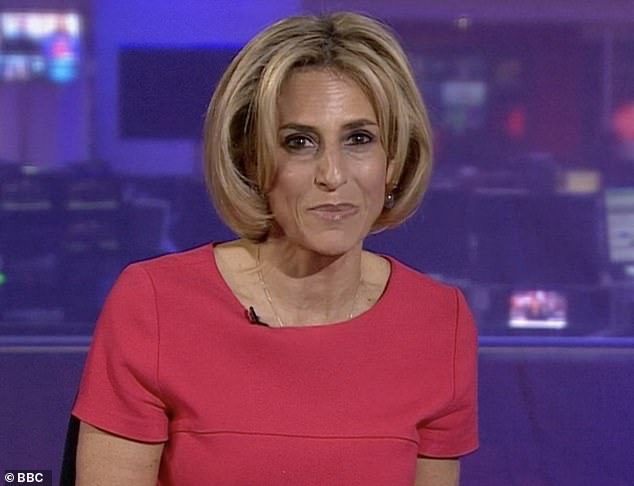
The great leveller fallacy.
This is not an equal opportunity pandemic. If you didn’t see Emily Maitlis on Newsnight last week, it’s worth a listen.
Whilst the disease comes for everyone, our ability to survive it, self-isolate and avoid exposure to it is very unequal. Let’s look at those briefly in turn. Next week I’ll be sharing some of the experiences of people not directly impacted on, but also suffering unequal impact.
Survival: the correlation between poverty, health, obesity, other diseases and life-expectancy is well documented. These are people whose immunity is likely to be compromised and less likely to survive. In Chicago their BAME population is already massively overrepresented in the number of deaths. It will take time for us to unpick this here.
Self-isolation: if you’re in a smaller space, quite frankly things are going to be a lot worse. This includes our prisons as well as supported accommodation and the units our rough sleepers now find themselves in. We’re hearing horrifying case-studies of people in their prison cells for days, those cells without a toilet (you figure that out) and then a small unclean space when they can have time out of their cells. Enough is known about life expectancy and the health of our prison population to know that their immunity will not be robust.
Avoiding exposure: this is really hard as we can’t go out. I visited my dad (with essential shopping) last week and he was sitting in the garden. Life felt little different in his comfortable house. Those in flats, with children, in overcrowded housing and without outside space will be suffering inordinately. This isn’t about the miserableness of inadequate housing, however. It means people are more likely to go out and be exposed to the virus.
It’s not fair and chances of survival are not equal. We can only begin to speculate about the long-term impact on people with least. And that’s going to include a lot more of us now.

